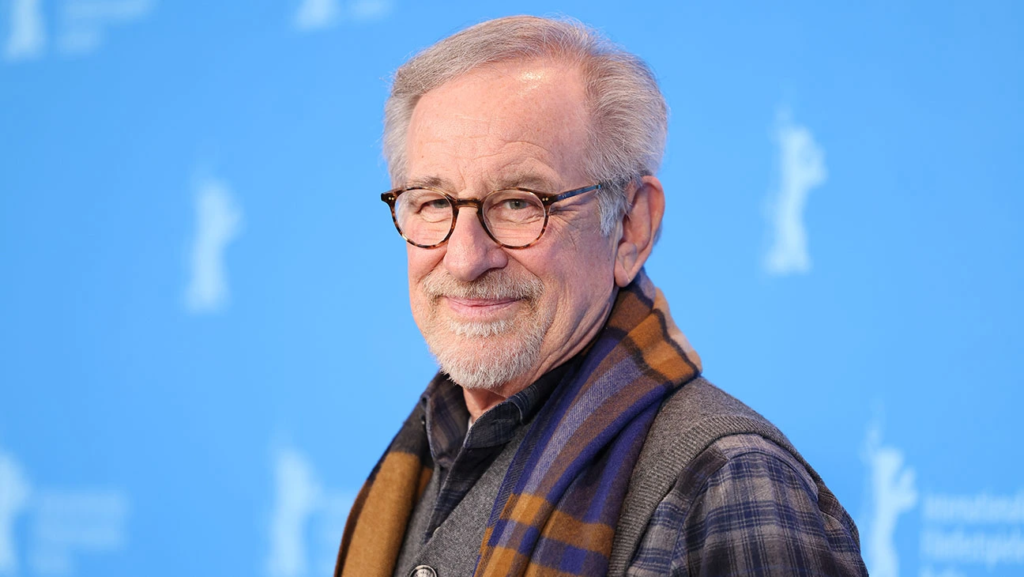
One of the greatest movies to never see the big screen may finally become a reality through Steven Spielberg and HBO, according to Collider. During the 2023 Berlin International Film Festival, Spielberg announced in a speech that he was “mounting a large production” at the premium network to turn Stanley Kubrick’s Napoleon into a seven-part limited series. Spielberg is producing the series in co-operation with Christiane Kubrick and Jan Harlan.
The prospect of a limited series based on the unmade film has been alive for some time now. Spielberg first announced the project back in 2013 and has remained involved since then between his various films. HBO joined the project a bit later in 2016, but until now, there was no word on the status of the Napoleon series. Even now, Spielberg hasn’t confirmed whether development is complete or whether HBO has officially ordered it to series. Previously, True Detective’s Cary Joji Fukanaga would’ve directed the project from a screenplay penned by David Leland, though there’s no confirmation of their continued involvement.
Napoleon was originally intended as Kubrick’s follow-up to his landmark sci-fi film 2001: A Space Odyssey and was intended to be a heavily-researched biography of the life of famed French leader Napoleon Bonaparte. For the time, however, the project was too ambitious and expensive for studios to take on, and with the other recent Napoleon film Waterloo by Sergei Bondarchuk bombing, it left little room for Kubrick’s vision to succeed. In all, it would’ve been a massive undertaking with reportedly 40,000 soldiers needed for the production and filming set to take place around the world including in the U.K., Romania, and France. Notably, the film had at one point also tapped Kubrick’s eventual The Shining star Jack Nicholson to play the lead role of the French revolutionary with Audrey Hepburn playing his wife Josephine. With the film scrapped, Kubrick is believed to have used much of his research to inform his eventual 1975 film Barry Lyndon.
